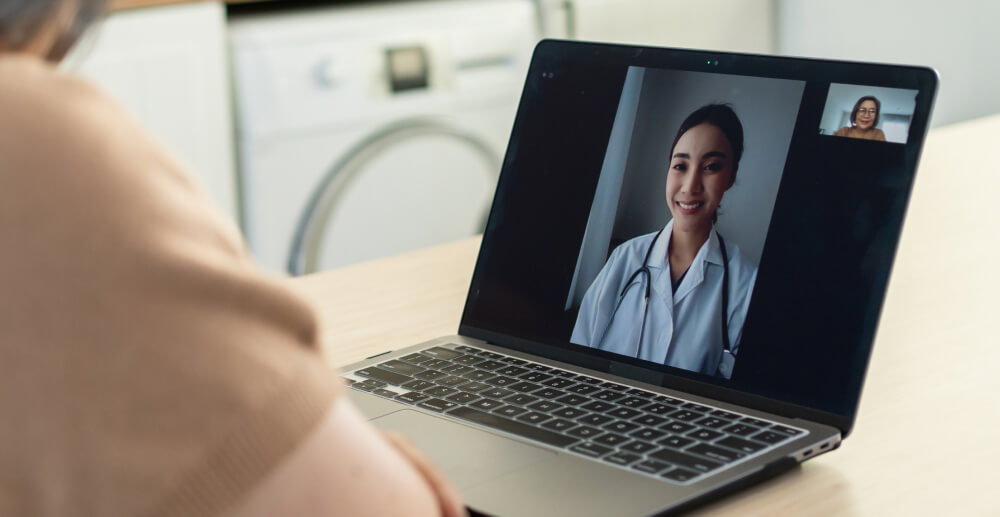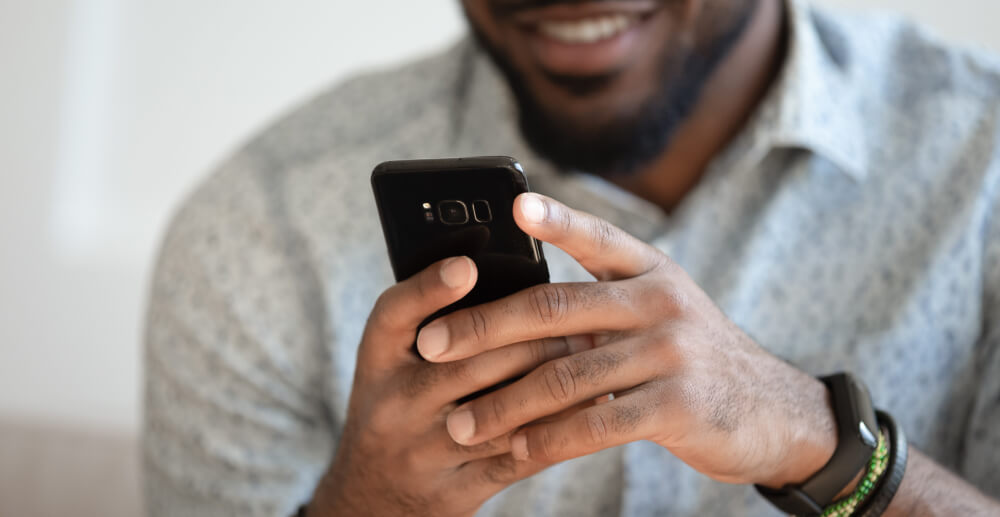A Guide to Using Daylight Savings to Help Your Recovery
It’s that time of year again. We’re falling back. Oh no—not on old habits that don’t serve us! We’re done with those. We’re shedding old thoughts and behaviors like leaves falling crisply from the trees. But we are falling back an hour, as Daylight Saving Time ends.
Fall is a time of transformation. It’s a movement from heat to coolness, from bright summer days to cold winter nights. So how can we embrace the change, rather than fight it? Let’s take it from the top. Here are four ways to make Daylight Savings work for you:
1. Use the hour shift as a sleep check-in.
This morning you gained an hour. Thank goodness! How’d your body take it? Did you sleep through that extra hour, or wake up alert at your normal time? Take a hint from your reaction to the time change, and consider going to sleep an hour earlier tonight if your body needs it.
Need a deep sleep redo? Check out our quick fixes.
2. Knock stuff out in the early morning daylight.
Setting your clock back means more morning sunlight as the days get shorter. Sunrise and sunset will both be an hour earlier. Until you adapt to the change, it will feel later at night than it actually is. So switch up your routine! In the morning, do one thing for your recovery that you’d normally do at night. Whether it’s a sunrise jog, hitting a morning meeting, or completing a Workit exercise while you drink your coffee, knocking stuff out in the AM will let you snuggle up in bed earlier in the evening if your body demands it.
Not up for early AM activity? Listen to Kristin share her story of addiction, recovery, and motivation with each new sunrise.
3. If your regular routines are working, stick to them.
The time change is a speed bump to your biological clock, which runs with the light-dark cycle of the world. It’s not as big of a biological hit as springing forward, when we lose an hour. But any change is a shock to our physical systems. Recognize the self-care routines that work for you, and stick to them. We’re creatures of habit, and routines and rituals bring comfort and consistency to our lives. But don’t be afraid to ditch routines that don’t serve you, and build new ones that work better.
Need a new routine to fall in love with? Check out Nuria Reed’s beloved morning ritual.
4. Use the opportunity to grab onto some gratitude.
We’re small cogs in a huge, complicated, natural machine. Our society (most of it, anyways) is agreeing to a collective time shift with the hope of catching a few more of the sun’s wonderful, warm rays. How cool is that? If you feel lonely or overwhelmed by your own problems, remember that your body is clicking and ticking along with a whole world of people, everyone else rising and resting along with the sun. It might be science, but to me it feels like magic.
Not feeling the gratitude? Take this quick gratitude exercise from the Workit program, unlocked just for you!
Quick action points: Getting an extra hour of sleep is awesome. Complete your recovery goals in the morning, because sunset is coming for you an hour earlier. Love the routines that work for you, but ditch the ones that don’t. And get your gratitude on. It isn’t every day that we all salute the sun!




